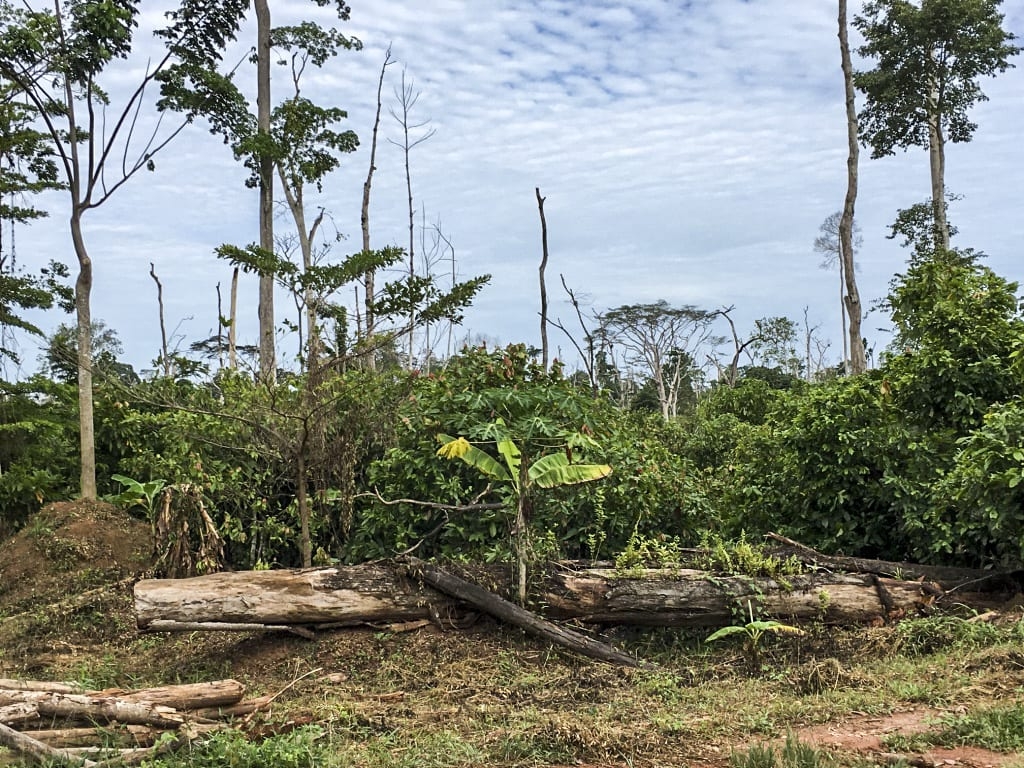
Implementation of the EU Deforestation and Forest Degradation Regulation (EUDR).
The European Deforestation and Forest Degradation Regulation (EUDR), in force since 30 June 2023, must be implemented by 30 December 2024 for big companies, and by June 2025 for MSMEs. This regulation prohibits the sale in Europe of products that have contributed to deforestation or forest degradation after 31 December 2020.
To ensure that their production processes do not involve deforestation, the European Union has introduced a new due diligence procedure for exports of seven basic products and their by-products to its territory. These include beef products, cocoa, coffee, rubber, palm oil, soya beans and wood.
What are the requirements for Cameroonian traders and exporters?
Cameroonian traders and exporters will now have to comply with the following three stages of due diligence:
1. Data collection: Gather all the information needed for the upstream and downstream traceability of the product.
2. Risk assessment: Carry out a documented assessment of deforestation risks.
3. Production of a strategy document: Draw up a strategy document for managing deforestation risks.
Are compliance checks and sanctions provided for?
The EUDR provides for compliance checks to be carried out by EU Member States, along with sanctions in the event of non-compliance. These sanctions may include:
- Recall or confiscation of products;
- Confiscation of product-related income;
- A ban on the marketing of products containing the same basic product;
- A fine of up to 4% of annual turnover in the European Union.
Cameroon's reaction
In a bid to satisfy these requirements, the government of Cameroon has set up a National Sustainable Cocoa Committee. This Consultative Body, set up by the Standards and Quality Agency (ANOR), is responsible for developing a framework for action and a national implementation plan as part of a participatory and inclusive approach. The aim is to stop cocoa-related deforestation, support sustainable cocoa production and improve the livelihoods of communities.
